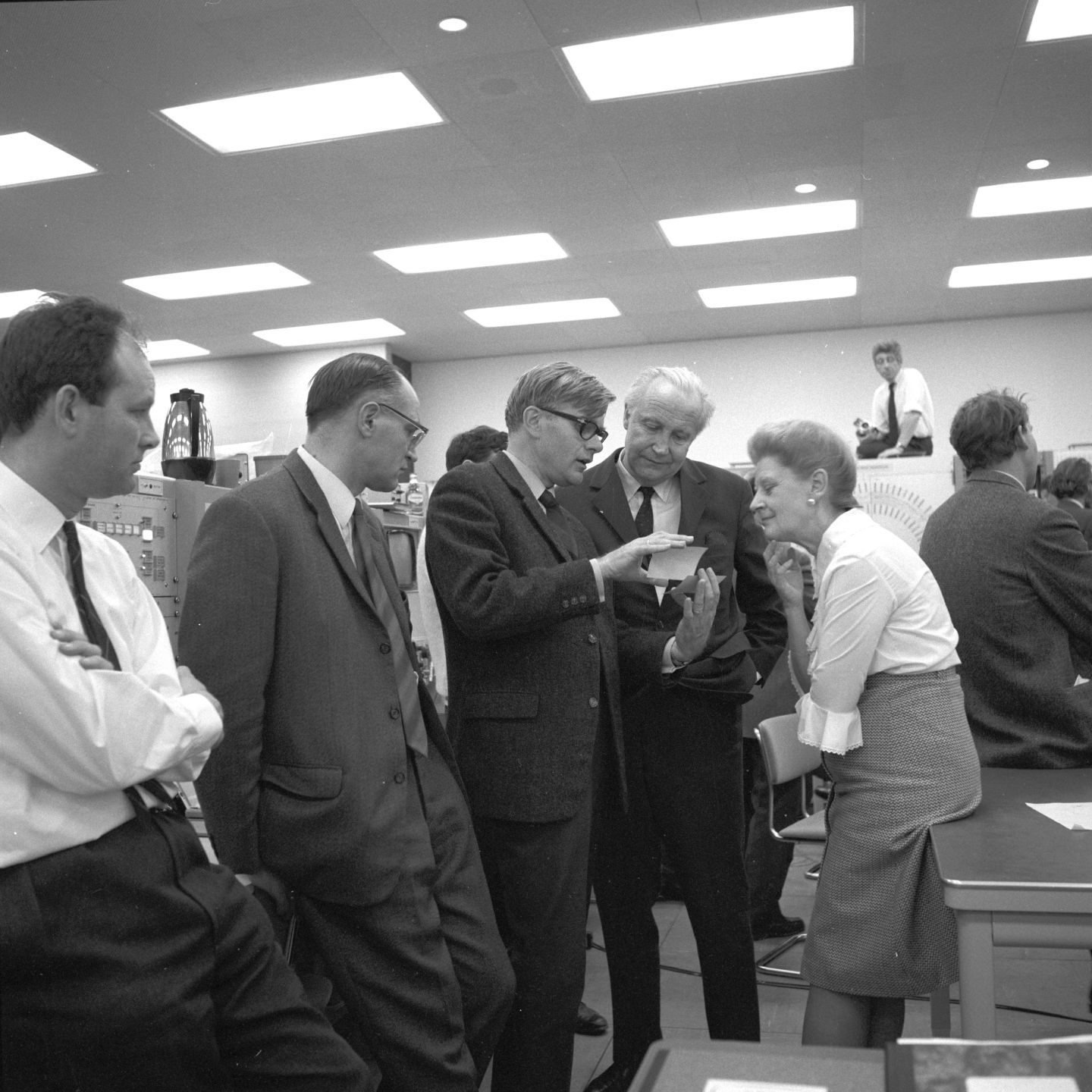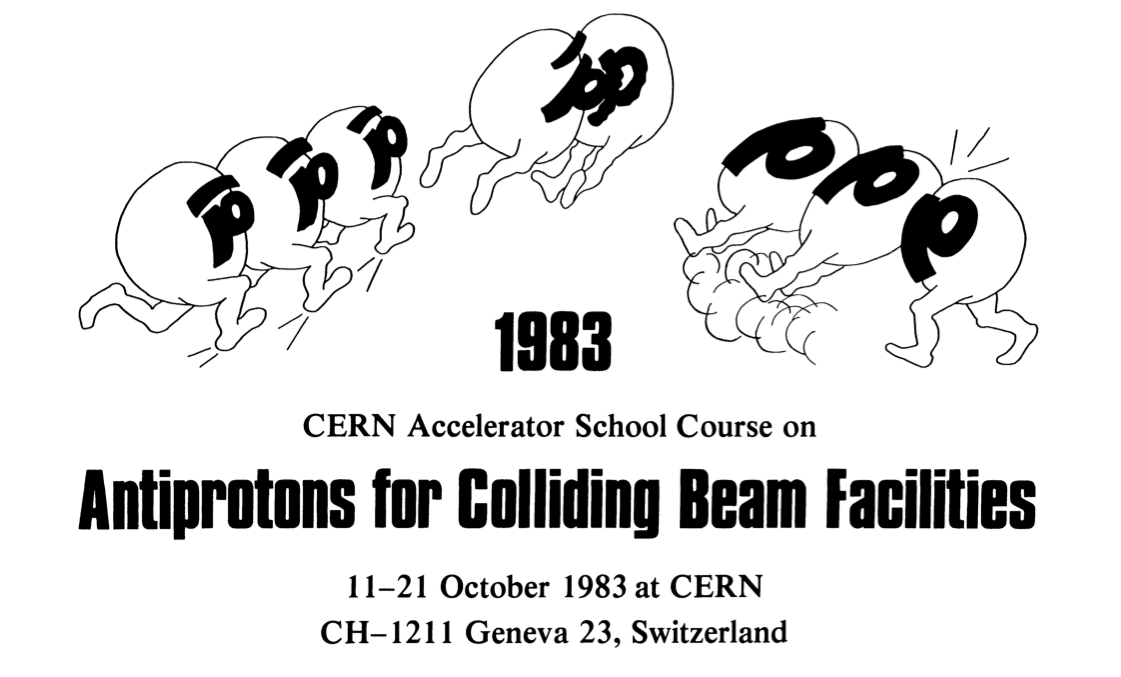Scientific progress depends on the accumulation of knowledge over time. Sharing knowledge enables collaborations among researchers, leading to the formation of new ideas and research projects.
These are the ideas that brought up the first course of the CERN Accelerator School (CAS) forty year ago, in October 1983. Held at CERN, the course had and still keeps the purpose of preserving and transmitting the knowledge accumulated, around the world, on particle accelerators and colliders of all kinds.
Adapting the courses to the most recent technologies has been the main signature of the school. That is why, in 1984, the first course was a topical one, the course on antiprotons for colliding beam facilities. On April 4th, 1981, the Intersecting Storage Rings made history by creating the inaugural proton-antiproton collisions. This groundbreaking achievement set the stage for further proton-antiproton collisions in the Super Proton Synchrotron (SPS), and the Nobel prize for Simon van der Meer and Carlo Rubbia later on.
On his opening remarks, Kjell Johnsen, head of CAS explained why, “It might have been more natural if we would have started with, a more basic course, and that will come. We did however, feel -and it was Giorgio Brianti who suggested that- if we did feel that the impact of the work on p-pbar has been such that it would be natural from that point of view that we do start with a course of this nature, although it is a bit specialised".
The story of the CAS begins seven years before, when many efforts to share the accelerator knowledge were ongoing. Held in Erice, Italy, in 1976, the 1st International School of Particle Accelerators is the most prominent example. Under the guidance of Hildred Blewett, a remarkable woman who played an important role in the design of accelerators on both sides of the Atlantic, the school aimed at “helping young accelerator specialists acquire the most up-to-date knowledge of accelerator design and stimulating closer cooperation in the solution of accelerator design problems”. Similar in ambitions and values, this school laid the foundations for the CAS.

This year, as we celebrate its 40th birthday, the CERN Accelerator School goes on this legacy of “assembling and disseminating knowledge on accelerator science”. Thousands of accelerator students and professionals have been trained, over a hundred accelerator schools have been held, and over forty publications have been carefully and rigorously compiled. These reports, proceedings and lectures form a complete body of reference material available online with which the next generation of scientists and engineers can learn about and prepare for the future challenges of accelerator technology.
The CAS plays also an important role in fostering international collaborations in the accelerator community. Each course, at the exception of the basic one, is held in a CERN Member States and Associate Member States, together with a local hosting institute or university. These interactions are key component of fundamental science as it allows researchers to network, access diverse expertise and resources, foster creativity and innovation, and increase the impact of their research.
Another initiative organised by the CAS is the Joint Accelerator School, together with the US Particle Accelerator School and held for the first time in 1985. Its immediate purpose was to improve relations between institutes by working together on an advanced topical course every few years. Since then, with the addition of new members states, the school has been given a new name in 2022: International Accelerator school (IAS).
The first IAS course will be hosted by the Canadian Light Source (CLS), in collaboration with TRIUMF and CERN, in Saskatoon in July 2023 with the theme of Superconducting Science and Technology for Particle Accelerators. More information can be found here.
Our next course on RF for accelerators will take place in Germany. We will also have the Introduction to Accelerator Physics in Spain and the course on Normal- and Superconducting Magnets this year. All inscriptions are now open.
We look forward to welcoming the next group of participants to CAS and seeing the impact they will have on the field in the future.

